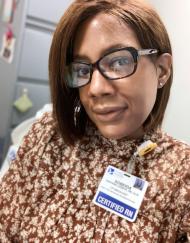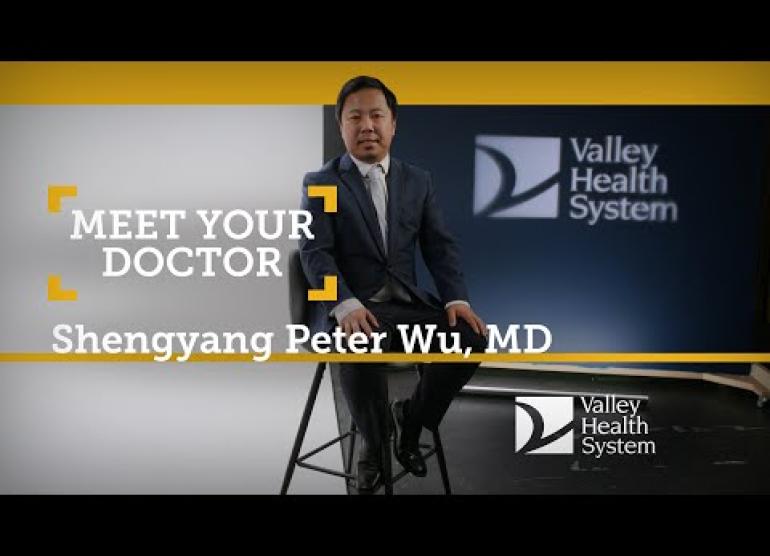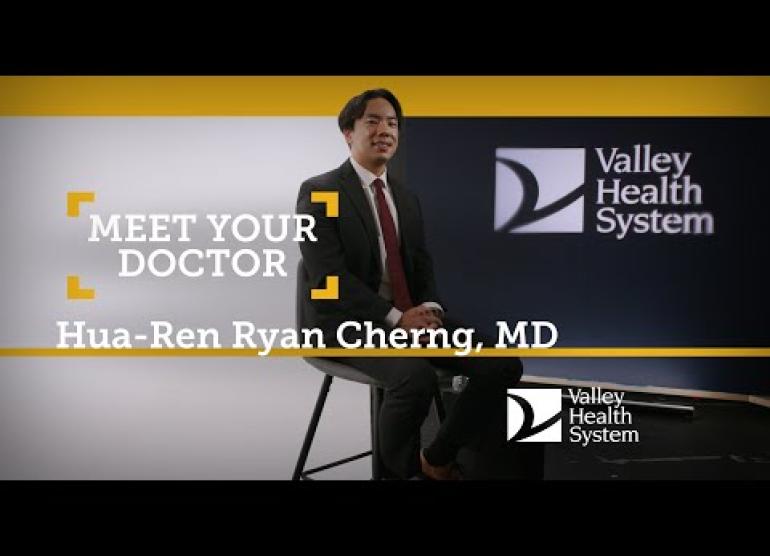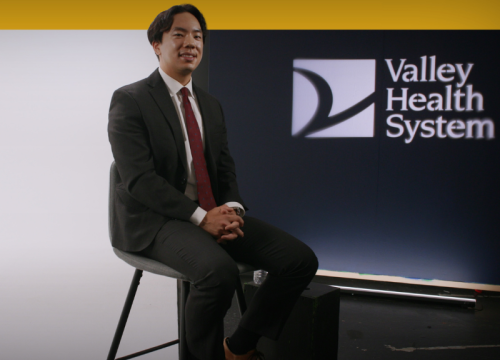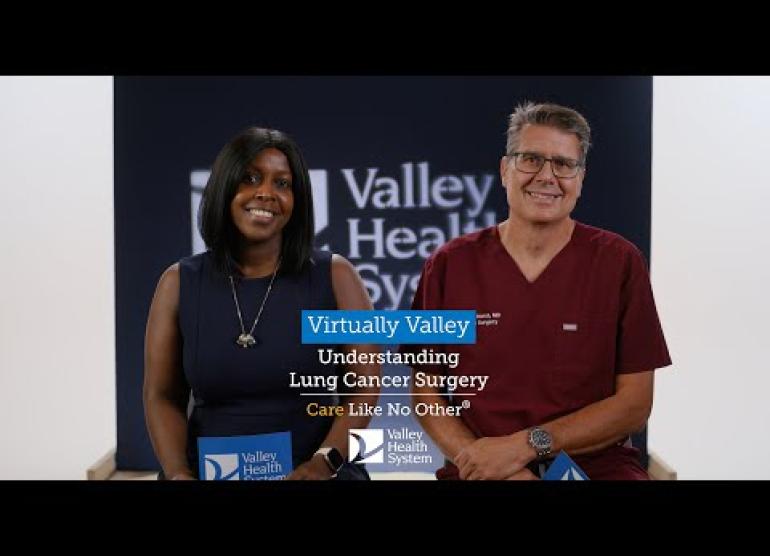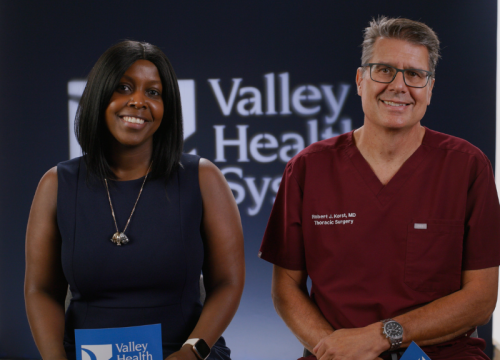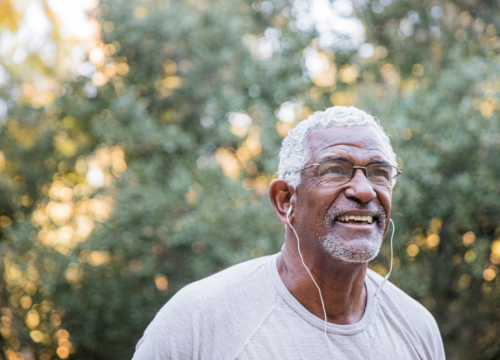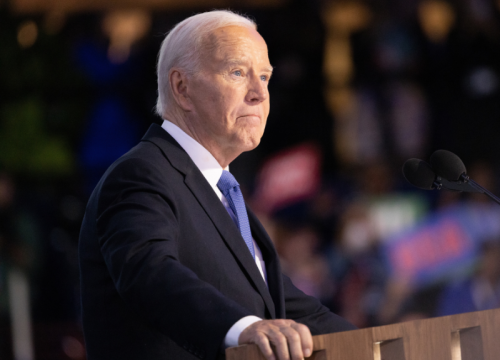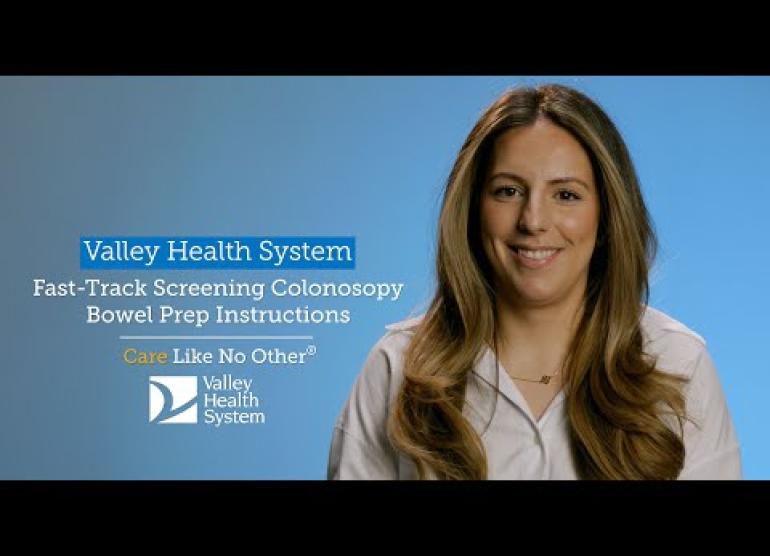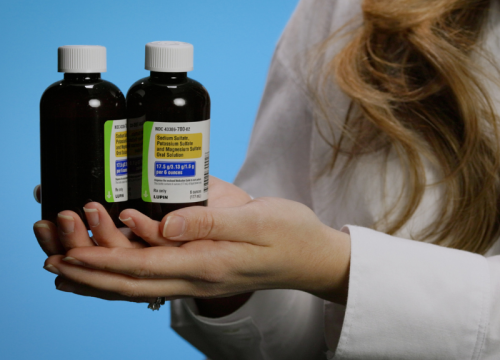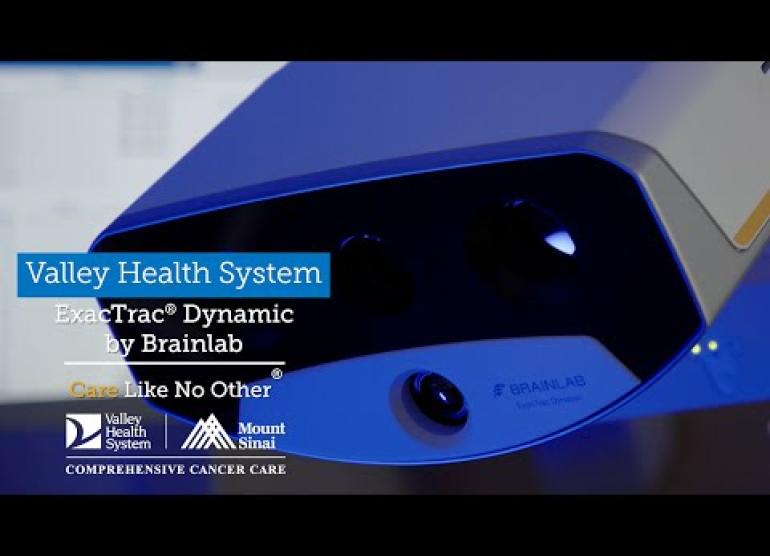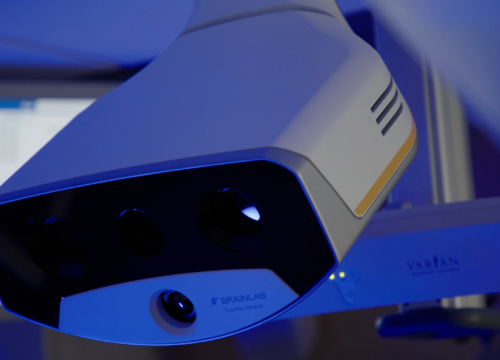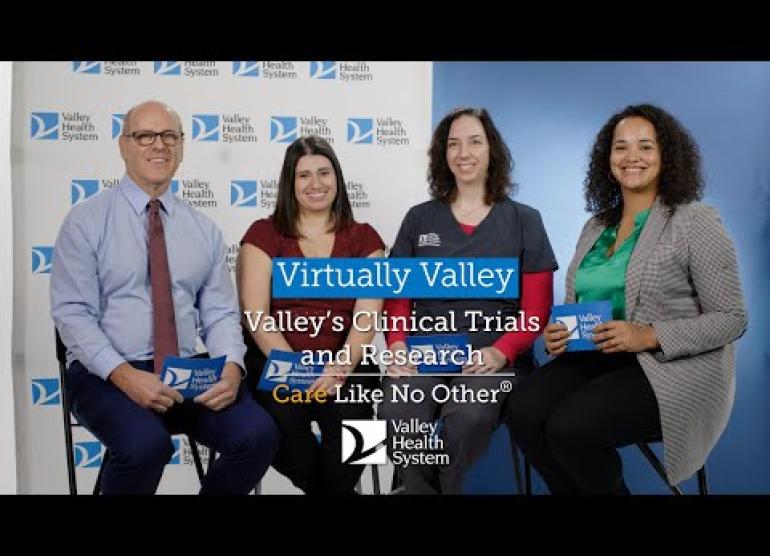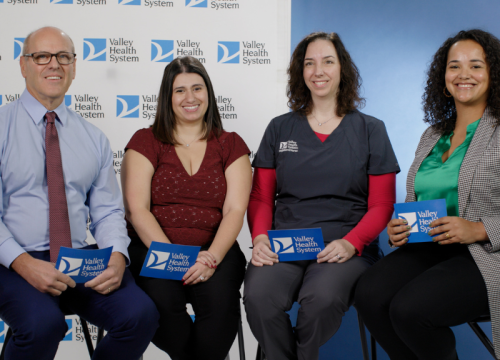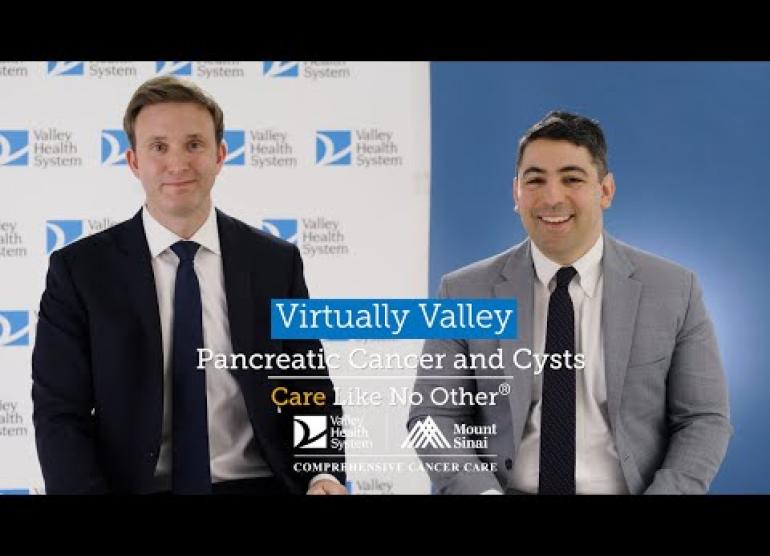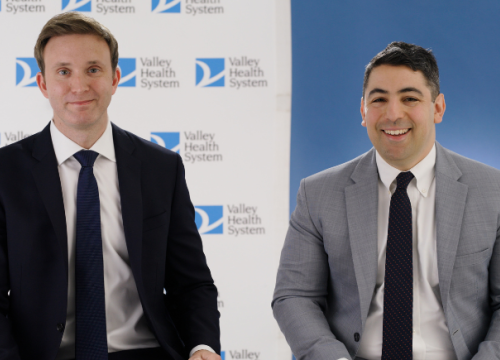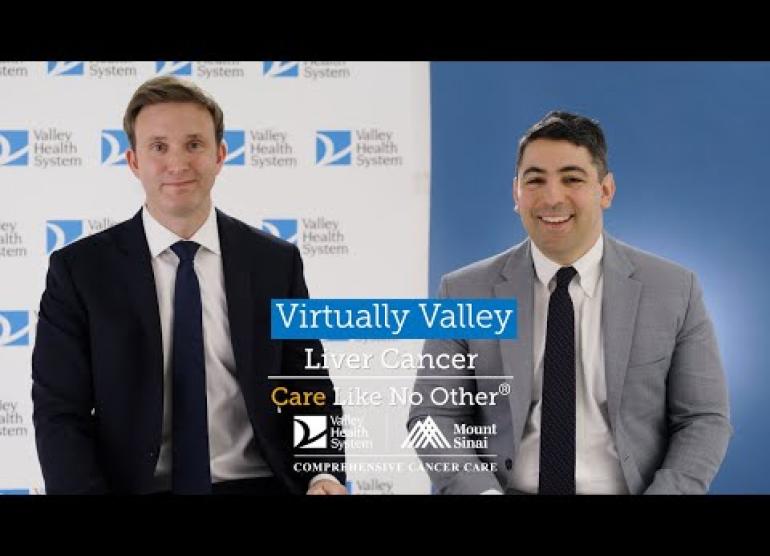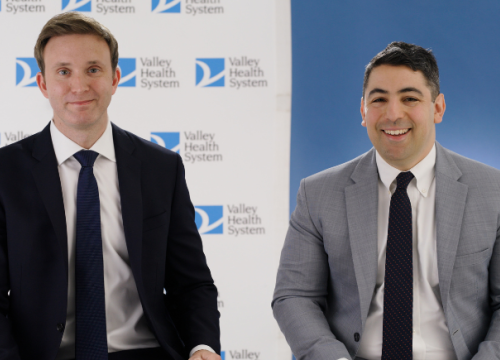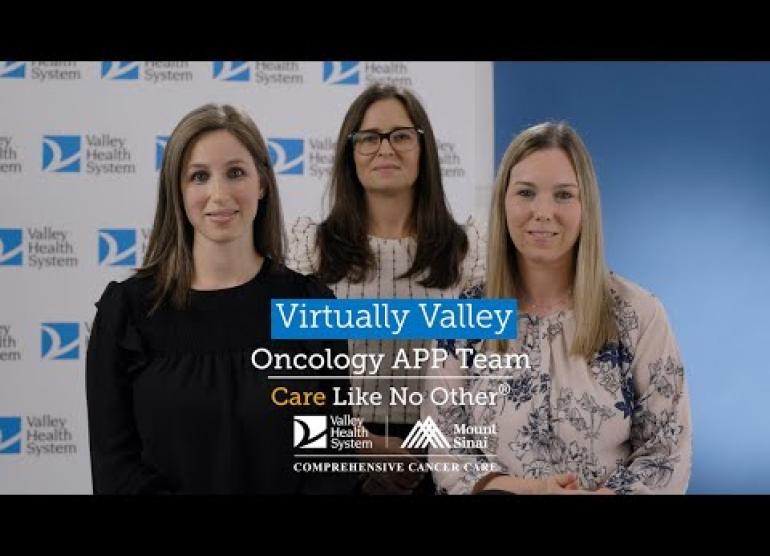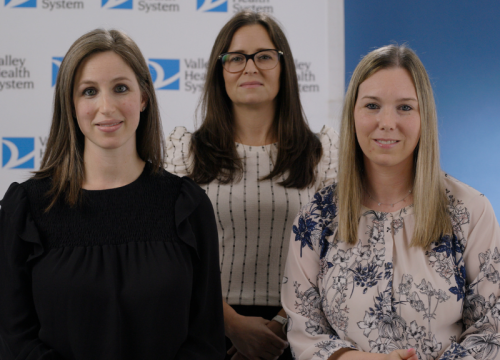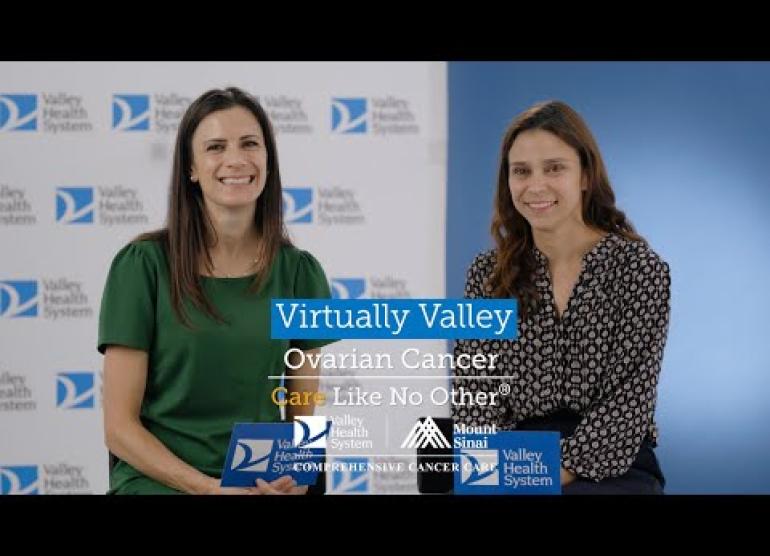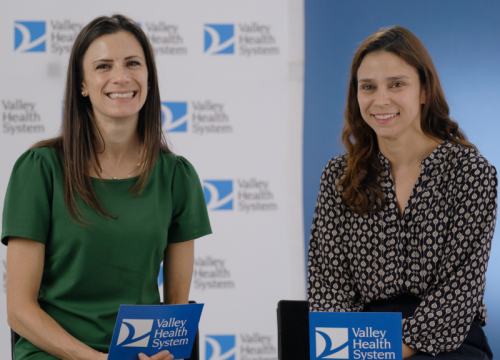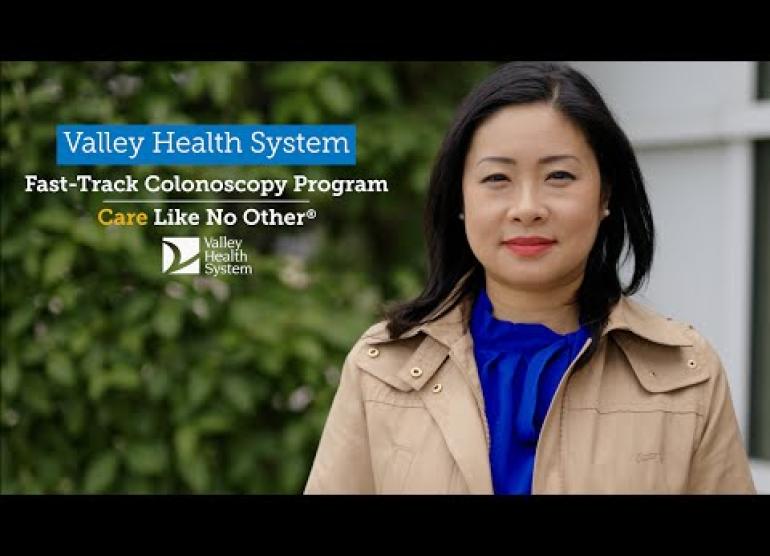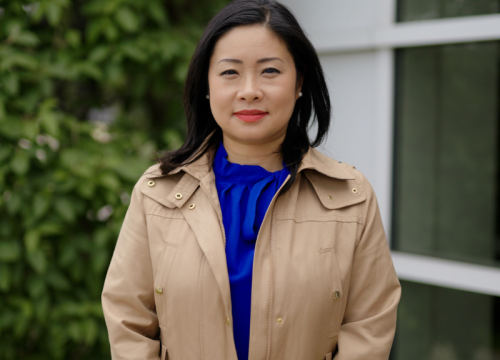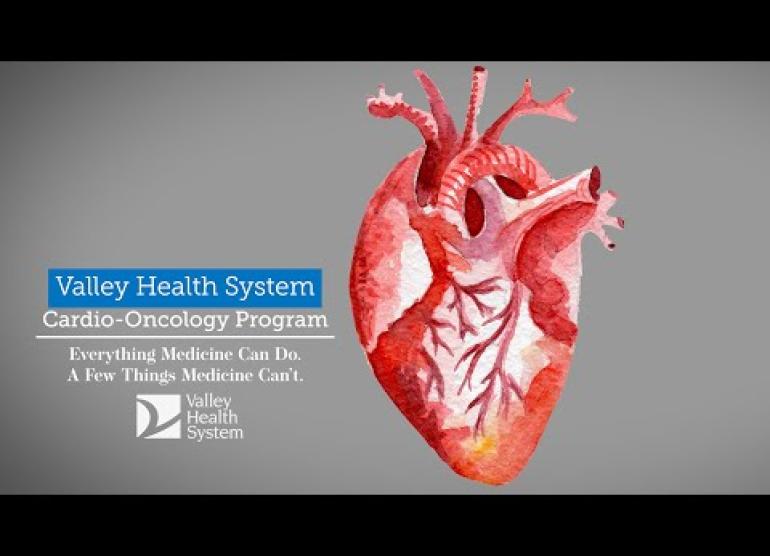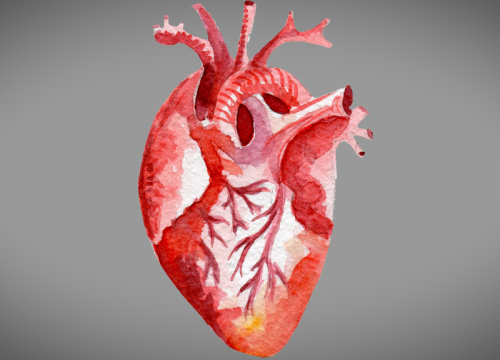
In 2004, we lost my brother-in-law, Junia Carr, may he rest in peace, at 38 years of age due to metastatic colorectal cancer.
My brother-in-law was in denial when he was diagnosed with colorectal cancer at a tender 35 years of age. He did very well after surgery. However, 18 months later, the cancer returned and was quite aggressive. He was in denial then as well.
As the disease continued to progress, my husband and I became his primary caretakers. We were aware of the extent of the disease and valued his urgent need for privacy. We were silent readmission after readmission.
“They took care of him during the most vulnerable moments of his life.”
As the hospitalizations increased, I became aware of how empathetic the oncology team was to him and to us. If he was not having a good day, I would get the heads up in advance. They took care of him during the most vulnerable moments of his life. I will never forget them. They will never know the impact that they had in my personal and professional life.
I was a fairly new nurse at that particular time of my career. I was excited to work with new kidney transplant patients. However, the connection and care that I witnessed with my brother-in-law touched my soul.
I knew immediately that I wanted to transition into oncology. A year later, I was able to transfer to the Outpatient Radiation Oncology Department at Newark Beth Israel Medical Center. It was there that I fell in love with taking care of this very special population and their family members.
“No patient is ever like the one before or after.”
I would go on to interact with hundreds of cancer patients over the years, but my number one priority is to ensure that it always feels like the first time. No patient is ever like the one before or after.
I went on to complete my graduate work in nursing administration. Upon graduation, an opportunity became available at Valley Hospital.
I have been blessed to work at Valley since 2009. I currently am privileged to serve as director of Oncology Accreditations for Valley-Mount Sinai Comprehensive Cancer Care. As part of my current scope of practice, I oversee our Oncology Accreditations, quality improvement projects, cancer registry, and navigation program.
I have witnessed many game changing advances in oncology over the past two decades. However, I am clear when I share with our team that cancer care is a journey. The journey requires that we focus on quality, high reliability, and patient safety.
“Some screening is better than no screening.”
I also oversee the fast-track colonoscopy screening program, one that is near and dear to me.
While we don’t yet understand the long-term impacts of COVID, we understand that some people are delaying care because of health insurance issues or other barriers, or they’re afraid of health care. We are still seeing a hesitancy to come in for a colonoscopy, and people are asking for colorectal testing at home.
While some screening is better than no screening, a colonoscopy is still the gold standard with different dynamics than a home test. I urge everyone over 45 to come in for colorectal screening. From my personal and professional experience, I know—it might just save your life.


